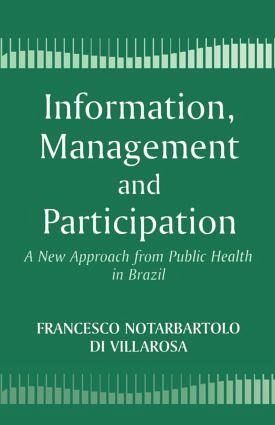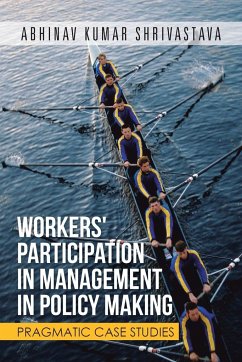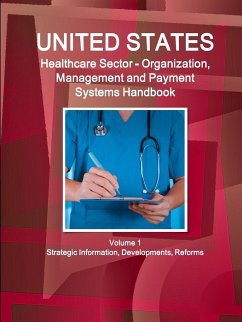
Information, Management and Participation
A New Approach from Public Health in Brazil

PAYBACK Punkte
35 °P sammeln!
In order to alleviate poverty, people-oriented projects (those dealing with activities such as institutional development, health, family planning, education, and rural development) must be well-targeted towards the most vulnerable groups. However, official 'top-down' information is incapable of identifying, prioritising and 'marking out' these groups at a local level, and the result is too often an unfair, inefficient and ineffective allocation and use of the resources of social programmes. The author argues that a 'process approach' is often necessary to geneate relevant knowledge about local...
In order to alleviate poverty, people-oriented projects (those dealing with activities such as institutional development, health, family planning, education, and rural development) must be well-targeted towards the most vulnerable groups. However, official 'top-down' information is incapable of identifying, prioritising and 'marking out' these groups at a local level, and the result is too often an unfair, inefficient and ineffective allocation and use of the resources of social programmes. The author argues that a 'process approach' is often necessary to geneate relevant knowledge about local needs, especially in poor urban and heterogeneous areas. Such an approach fosters flexibility and adaptability to the local context. The book analyses the whole approach to information handling which was developed in the Brazilian project. The different phases are analysed; the collection and processing of data and the construction of an information system to be used for decision-making.














